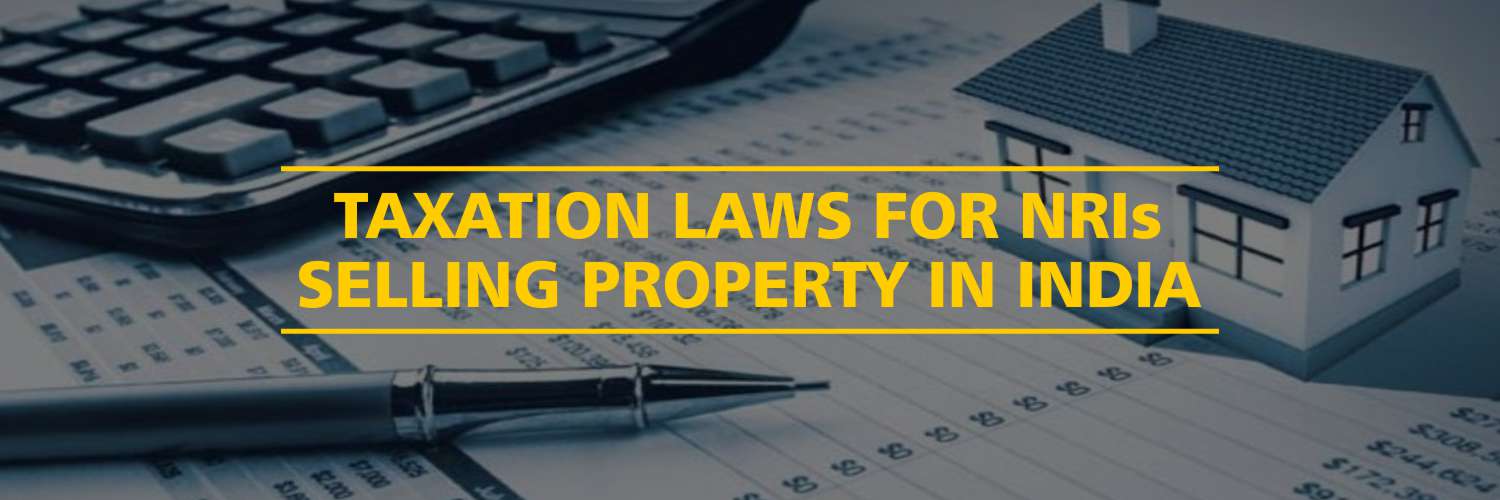Taxes are the basic source of revenue to the government. Revenue so raised is put to use to meet the expenses of government like defense, provision of education, health care, building infrastructure in the country and other purposes.
Types of tax in India
- Indirect tax
- Direct tax
Direct Tax
Though the actual translation may vary between jurisdictions, in general, a direct tax is a tax imposed upon a person or property as distinct from a tax imposed upon a transaction, which is defined as an indirect tax. The term may be used in economics and economic analyses but does not itself have any legal implication.
A direct tax is paid directly by an individual or organization to an imposing individual. A taxpayer, for example, pays direct taxes to the government for different purposes, including real estate/property tax, personal property tax, income tax or taxes on assets. Direct taxes are different from indirect taxes, where the tax is levied on one entity, such as a seller, and paid by another, such as a sales tax paid by the buyer in a retail setting.
Direct taxes are based on the capability-to-pay doctrine. This doctrine is an economic term that implies that those who have more resources or earn a higher income should pay more taxes. The ability to pay taxes is a way to redistribute the wealth of a nation. Direct taxes cannot be passed onto a different person or entity; the individual or organization upon which the tax is levied is responsible for the fulfillment of the full tax payment.
List of Direct Taxes in India:
- Income tax
- Corporate tax
- Wealth tax
- Capital gain tax
Direct taxes are those which are paid directly to the government by the taxpayer. These taxes are not deducted or paid on behalf of the taxpayer. It’s imposed on the people and organizations directly by the government. This tax liability has to be paid by the taxpayer in question and cannot be transferred to any other entity for payment.
Income Tax
- Income tax is the most common and most important tax that an Indian must pay.
- It is charged directly on the income of a person.
- The rate at which it is charged varies, depending on the level of income.
- It’s charged to individuals, co-operative societies, firms, companies, Hindu Undivided Families, trusts and any artificial judicial person.
- Income tax is charged on an income known as “taxable income”, which is:
The different heads of income under which income tax is chargeable are:
- Income from house and property.
- Income from business or profession.
- Income from salaries.
- Income in the form of capital gains.
- Income from other sources.
It is levied differently for different people depending on their residency status.
Corporate Tax
- Tax levied on companies who exist as separate entities from their shareholders.
- Foreign companies are taxed on income that arises or is deemed to arise, in India.
- It is charged on royalties, interest, gains from the sale of capital assets located in India, fees for technical services and dividends.
- Includes Dividend Distribution Tax (DDT) which is a tax levied on any amount declared, distributed or paid as a dividend by any domestic company. International companies are exempt from this tax.
- Includes Securities Transaction Tax (STT) which is a tax levied on taxable securities transactions. There is no surcharge applies to this.
Wealth Tax
- Wealth tax is charged on the benefits derived from property ownership.
- The same property will be taxed every year on its current market value.
- Wealth tax is charged whether the property in earning an income or not.
- The tax is levied on the individuals, HUFs, and companies alike.
- Chargeability depends on residential status.
Capital Gains Tax
- Taxed on the income derived from the sale of assets or investments.
- Capital investments cover homes, farms, businesses, works of art, etc.
- Capital gains = (money received from sale) – (cost of capital investment).
- Categorized as short-term gains (gains on assets sold within 36 months of acquisition) and long-term gains (gains on assets sold after 36 months of acquisition and holding).
- Voluntary tax is paid by the taxpayer when the asset it sold.









